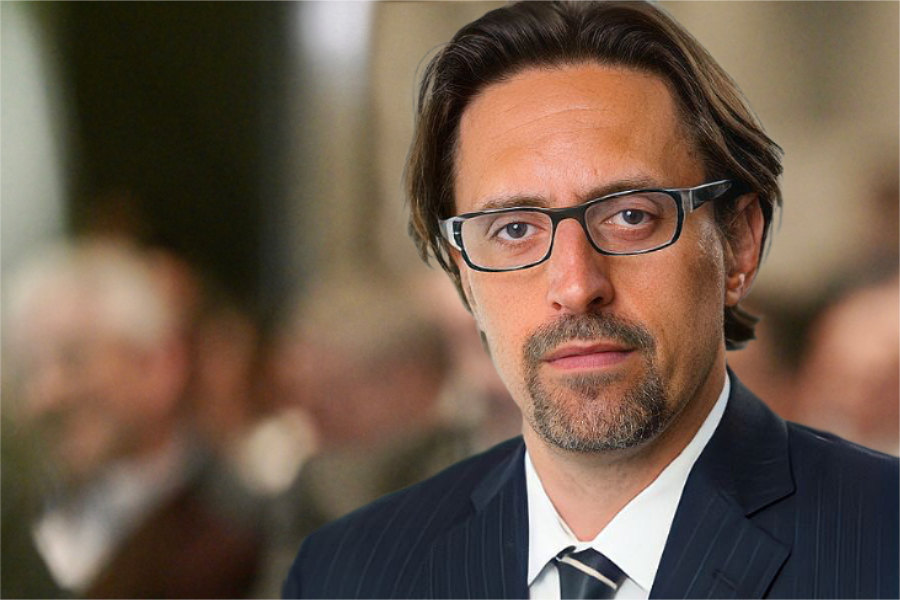
Stefano Pasquali, head of liquidity and trading research at BlackRock, told Coalition Greenwich’s Bob Fink that when it comes to technology, the focus now is on scaling up to empower automation and build more efficient data usage – and progress is moving much faster than expected.
“What we’re looking to do now is scale up content to support the investment process,” he said during the Innovation Interview on Day Two of FILS USA 2023 in Nashville. “When it comes to the technology, we were at the tipping point a few years ago, and now we are looking to scale up. I was thinking we could achieve this level of automation over the next eight to nine years but actually now I think it will happen in the next couple of years.”
That is not say that all asset classes are equal, however. In those that already have a lot of data, analytics are already advanced and this is empowering workflow automation. In others however, particularly some areas of the fixed income market, there is not as much data and that is why they are further behind. But Pasquali isn not worried. “The models and analytics we are producing now for our traders were unthinkable five or six years ago. Block trades or illiquids still being voice traded? That doesn’t keep me up at night, we will get there.
“We’ve got a lot of data now,” he added. “We need to leverage that, and squeeze the opportunities out of the data we have. Data used to be expensive and difficult to control. Now there is an opportunity to leverage it much better using machine learning tools.” But there is so much more opportunity that is yet untapped. Pasquali believes that right now we are only actually leveraging about 40% of the potential of the data we already have – and the focus should be to add analytical engines to use it better. He also thinks that we will see a big uptick in the take-up of execution management system (EMS) amongst asset managers as a means to automate workflows – good news for providers. But the big trend is of course AI – and it is here that we are at an inflection point.
Pasquali believes that while the innovation in the space is exciting, it must come with a focus on governance. “We are in a moment that could change our lives,” he said. “We need to embrace that with responsibility and control. It’s important to understand what is happening. Many of these concepts were created years ago – what’s happening now is that we have much more data, and we are arriving to a level of performance that was unthinkable some years ago.
We have the opportunity to develop these models, but the complexity is becoming much greater, and we need to find a balance.” Industry-wide, there is no one now who is not committed to exploring the potential of data and how to leverage that data through machine learning and AI, but Pasquali made a strong case that we also need tools to add transparency to that data so that we can evaluate the output of these machines – which can bring far-reaching benefits for the business that go beyond mere risk mitigation. “What we learn from the methodology of the model is insanely useful for the business, so that we can embrace the downstream scale of these analytics.
It’s not just about the elements of control and risk management, it’s also important for performance.” And although right now, it might feel as if AI is offering a competitive advantage to those firms big enough and with enough resources to invest and implement, Pasquali believes that down the line, smaller institutions will close the gap. “In the long-term, there will be a democratisation of these models and this technology, and I think that will be a great equaliser over time,” he concluded. The DESK
©Markets Media Europe 2023
©Markets Media Europe 2025








